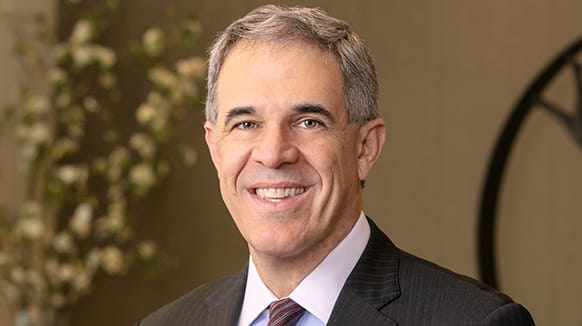Haynes Boone Partner Larry Pascal and Associate Carlos Alva were quoted in a featured Q&A in the August issue of Latin America Energy Advisor discussing the reasoning behind Iberdrola’s decision to leave Mexico.
Read an excerpt below.
Q: Spain-based utility firm Grupo Cox has agreed to purchase multinational electrical utility firm Iberdrola’s stake in 15 power plants in Mexico, the firms announced on July 31. Iberdrola’s CEO, Ignacio Galán, had sought to entirely divest from Mexico due to concerns of “legal certainty” surrounding the company’s assets there amid an ongoing overhaul of the energy sector under the administration of President Claudia Sheinbaum, according to El Confidencial. What does Iberdrola’s exit from Mexico—and Cox’s entry—suggest about investor confidence in the country’s power sector? To what extent has Mexico’s energy sovereignty changed under Sheinbaum’s administration? How have recent regulatory changes in North America—namely last year’s constitutional energy reform in Mexico and the recent rolling back of federal clean energy subsidies in the United States—affected the landscape for prospective investors in Mexico’s power sector?
A: Via the sale to Cox, Iberdrola elected to redeploy capital to other markets in Europe, the United States and Brazil. In contrast, Cox Energy, another Spanish group, has 480 megawatts of assets in Mexico and intends to significantly increase its power generation capacity with the purchase of Iberdrola’s assets in Mexico, as well as by investing more than $6.5 billion by 2030.
The recent rollback of U.S. renewable energy subsidies may have dampened Iberdrola’s market views as to the region as a whole. As a result of the 2025 energy reform, Mexico is currently in the process of adapting to the new regulatory energy policy, and hence it is premature to reach conclusions at this early stage. However, President Sheinbaum has expressed openness and interest in private investment in power projects, which can be developed either independently by private companies, or jointly with CFE through the new project development structures contemplated in the energy reform.
Important structural changes always implicate a transition period. However, Mexico has many attractive aspects including a deep manufacturing base, a vibrant trading relationship with the United States and an expansive network of free trade agreements with major nations around the world. Although there are arguably more opportunities at this time in fossil fuels and more traditional energy sectors, President Sheinbaum has stated that through the 2025-2030 National Electricity System Strengthening and Expansion Plan, both numerous renewable and traditional power projects are planned to be developed by the CFE and private companies to achieve a generation target of 22,674 megawatts.”

